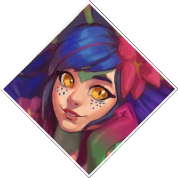
Project K is the upcoming physical trading card game (TCG) from Riot Games set in the Runeterra setting, the same setting from League of Legends, Legends of Runeterra and Arcane.
While Riot already has an online card game in the form of Legends of Runeterra, Project K will be a standalone product, with physical trading cards, different mechanics and a new system designed around TCG games as a social experience.
Riot said that Project K will cater both to enthusiasts who enjoy sweaty 1v1 matches in a competitive scene like those in Yu-Gi-Oh!, and to casual players who want a group experience and mechanics made for free-for-all play, like those present in Magic: The Gathering's Commander format.
The competitive TCG scene is full of absolute giants as both publishers and developers, and if there's anybody who can make a break into it at the moment, it's gotta be Riot Games.

In many ways, players can look at Project K and Legends of Runeterra, and notice that they both have cards and conclude that they're both the same game. They are not comparable by any stretch of the imagination— having cards isf where the similarities end.
Aside from being a fully physical game focused around social and competitive play, rather than Legends of Runeterra's bigger emphasis on theorycrafting and deckbuilding, there are a handful of differing philosophies between the two:
The trading card game is developed by a small team led by Game Director Dave Guskin, in charge of core rules, card design, and balancing, and Executive Producer Chengran Chai, focusing on the overall vision and production quality of Project K.
While you wait for the release of Project K, why not explore new strategies in League of Legends? A level 30+ unranked smurf account is perfect for trying out fresh gameplay styles without impacting your main rank.

Most trading card games tend to either specialize in competitive scenes with complex and deep systems and interactions, or simpler mechanics that prioritize card games as a social experience. Even if they are able to answer both, it's usually under different formats, with different rules and restrictions.
Project K's taking a bold step in the middle, taking a shot at game mechanics that allow for a whole table of 4 to sit down, have a few beers and try out new decks against eachother, and for players to refine their decks for competitive play while pushing the system to their theoretical limits, all in one comprehensive format. One ruleset to rule them all.
So far, playtesters, developers and publishers feel that Project K is on the path to achieving that sweetspot that answers both niches without compromising the other.
The current card illustrations come from the already plentiful source of great art that is League of Legends and Legends of Runeterra. Expect to see detailed champion arts, iconic Runeterra locales, and references to items or spells known from the broader League universe, along with environments inside the Runeterra setting.
Since Project K already had a publisher in China, it will first launch there in early 2025. Riot already has partners there handling printing, distribution, local store support, and organized play, and the reason it's coming out globally is due to its surprising success in the region. We can expect more regions to follow as Riot finalizes partnerships to ensure the competitive ecosystem they're going for, along with card translation and consistent tournament structures.
Regardless of when the cards are actually printed in other region, full rulesets and cards will become available way before that, letting players sample the gameplay a little over games like Tabletop Simulator.

Riot intends to invest a meaningful amount into following the launch of the game with a comprehensive competitive framework, consisting of:
Limited products and card packs, such as the Arcane Box Set, which showcases characters and themes from the Arcane animated series. It will be first available first in China in events, followed by its English counterparts through pre-orders and future events.

Your Rune Deck is a separate deck from which you draw Runes. Each rune can be exhausted (turned sideways, or "tapped") to pay energy costs, or recycled (shuffled into the end of your deck) to pay color costs.
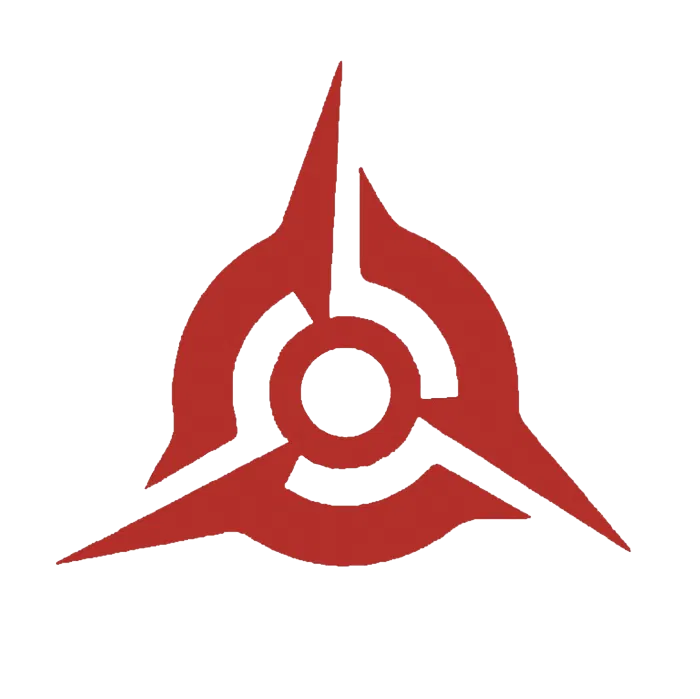
Direct, hard aggro playstyles. Conquer Battlefields before your opponents, and set up powerful Ganks to destroy enemy defenses. No one will be more powerful than you on the first few turns, but be careful, or you'll run out of cards.
Champion Units: Jinx, Tryndamere, Vi
Main Keywords:
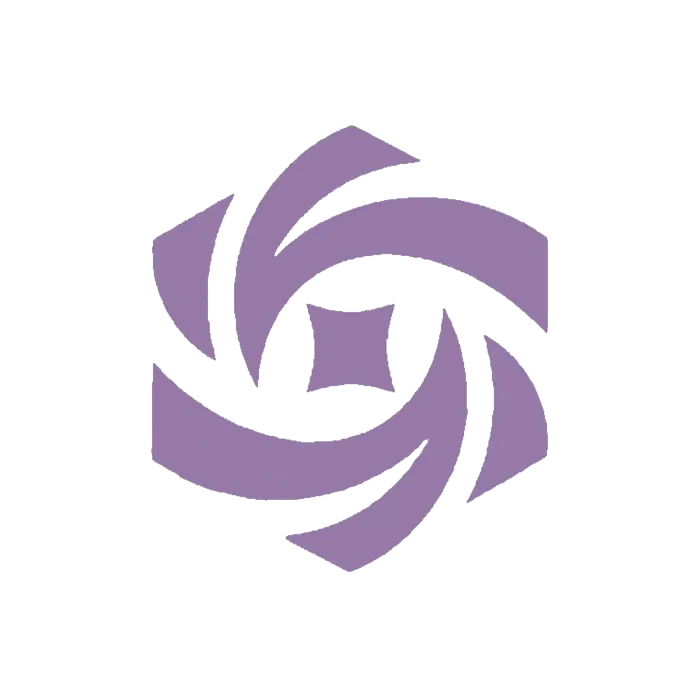
Versatile, adaptable, and at best, a little gimmicky. Chaotic cards are powerful, but making them work is a bit difficult - you'll need a bit of finesse to truly get the most out of them.
Champion Units: Kayn, Jinx, Miss Fortune
Main Keywords:
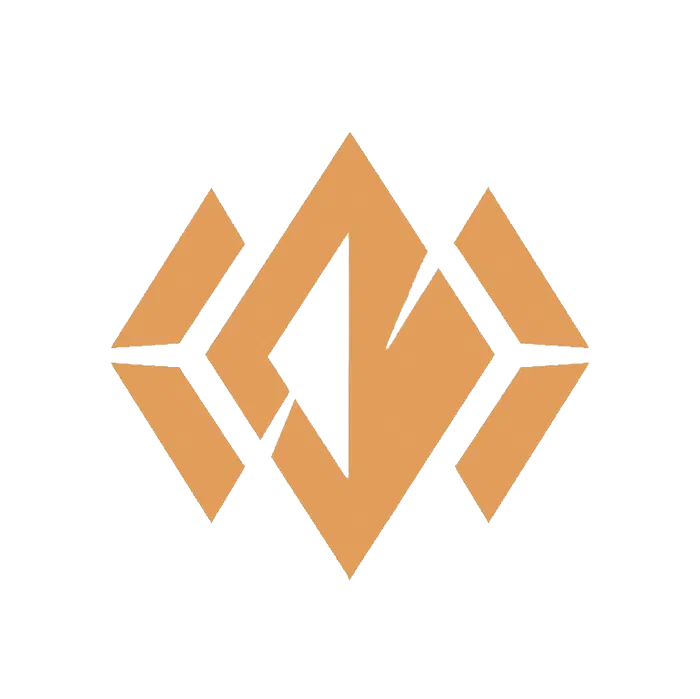
Focused around ramping resources and putting big Units on battlefields that are hard to contest. The best Units in the game, at an incredibly steep cost. Slow to pick up and late-game focused.
Champion Units: Volibear, Miss Fortune
Main Keywords:
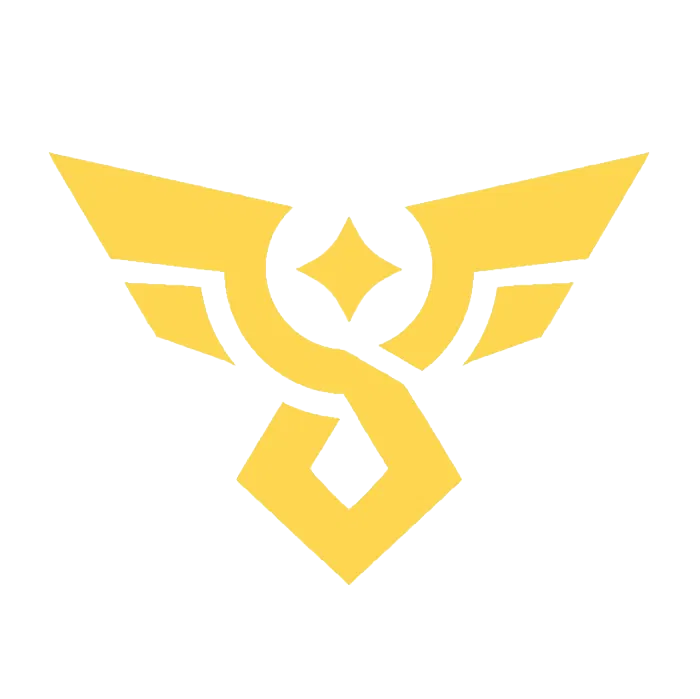
Defensive mechanics, and great value from sacrificing your own Units, along with the opponent's. Defend your Battlefields like no one else can, and kill enemy units by merely snapping your fingers. You'll have the best soldiers at your disposal - they remain loyal even in death.
Champion Units: Viktor
Main Keywords:

Calm cards are very often also Reactions, and decks centered around green cards are perfect if you're patient and prefer to wait until the right moment to attack. Play with very few allies that, even when they're alone on your Battlefield, are worth an entire army when combined with your spells.
Champion Units: Yasuo
Main Keywords:
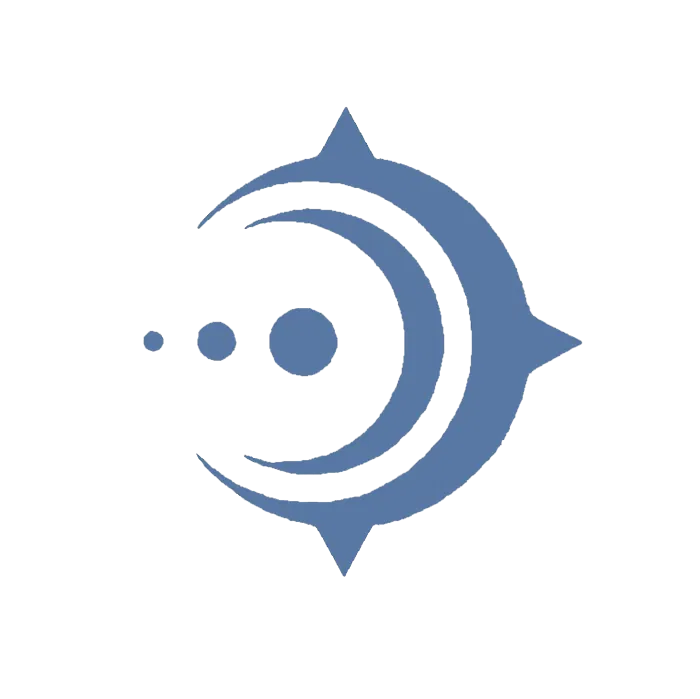
So far, this is the color identity we know the least about so far, but the existing cards work very close to how blue cards tend to work in Magic: The Gathering— tons of slow, high-cost spells and gear with powerful abilities, along with card draw by the handfuls.
We don't have any Champions or keywords that define Mental cards yet.
The objective of the game is simple: every time your Units take a Battlefield, you score 1 Point, and each turn you Hold that Battlefield, you earn 1 more Point. The first player to 8 Points wins.
However, you cannot simply conquer a single battlefield for your 8th point, if that's all you need. The winning point can’t come from just a conquer— you must either get it from a Hold, or by scoring all battlefields in a single turn. If you Conquer but don’t achieve this, you may instead draw a card in place of that point.

If a battlefield is open (not controlled by anyone), you can take it by simply moving a Unit there, scoring a Point (this is Conquering). Once you take a battlefield, you control it as long as you have units there. You can take control of enemy battlefields only through clearing it of enemy units, and then Conquering it.
You can only score each Battlefield once per turn, and Units cannot move between battlefields unless they have the Ganking ability.
To move a Unit from one battlefield to another, they must first go to your base, a space you always control, adjacent to all battlefields.
When you move units to a battlefield occupied by the enemy, that starts Combat.
In some special instances, playing an Epic card can force a “showdown,” which plays out very similarly to Combat, but can happen out of the normal attacking/defending step.
Although the current pool of Champion Units is limited, new expansions will roll out in waves, much like in Legends of Runeterra, introducing new units, mechanics and archetypes. The meta of the game is designed to evolve over time, and new releases are designed with that new meta in mind.
The Chinese edition will arrive first, with English following it. After that, other language editions will follow once local distribution, event support and printing are arranged in their respective countries.
The dev team has already shown up in player Discords and has indicated that they welcome feedback. Tabletop Simulator mods have been released for early playtesting, letting eager fans test the waters.

Project K is shaping up to be a deep and social TCG tailored for many different audiences: League of Legends veterans looking for a new battlefield, seasoned TCG players looking to try out something new, and newcomers to both TCG games and the Runeterra setting who are just looking to have fun and see more characters from the world. It merges the familiar setting with rules designed to encourage head-to-head duels and lively multiplayer tables. The nature of the combat system actively rewards participating in other players' battles, and choosing the side that will better further your interests. The game promises variety, strategic depth, and that crucial "fun around the table" factor.
With a very promising Chinese launch planned in early 2025, Project K is set to have a great shot at becoming a main player in the TCG genre. Riot’s commitment to local game stores, structured tournaments, and an ongoing release cycle means players can look forward to a thriving community and meta. If you enjoy collecting, analyzing combos, or playing politics with your friends over a lazy Saturday, keep an eye out for news on Project K, because it's heading your direction now.
